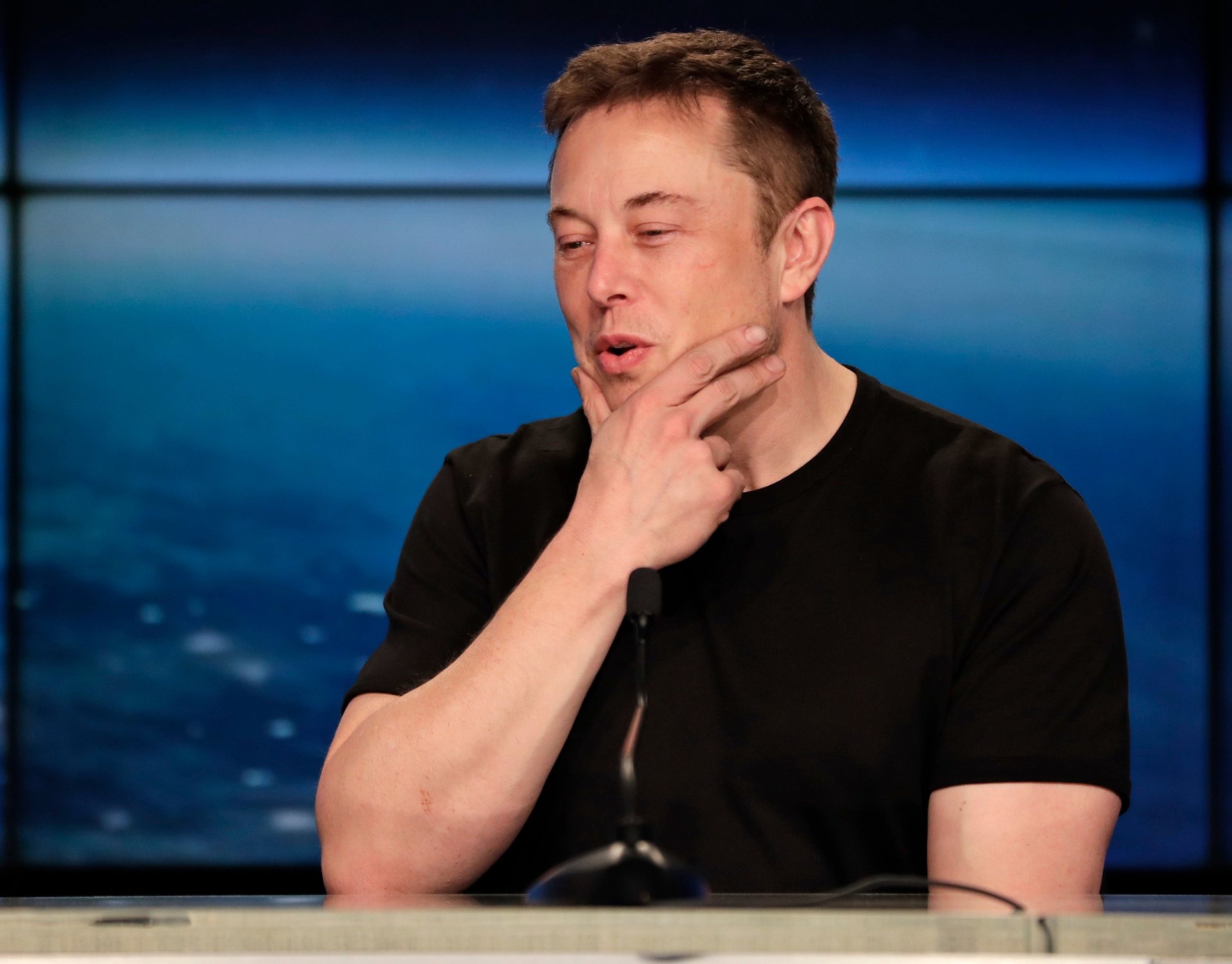Elon Musk is trolling Warren Buffett over moats and candy
At Tesla’s combative quarterly earnings call last week, CEO Elon Musk dismissed the concept of moats—the idea that a company should have some sort of competitive buffer to fend off competition—when asked why he was offering competitors access to its superchargers, saying they are “lame” and “like nice in a sort of quaint, vestigial way.”


At Tesla’s combative quarterly earnings call last week, CEO Elon Musk dismissed the concept of moats—the idea that a company should have some sort of competitive buffer to fend off competition—when asked why he was offering competitors access to its superchargers, saying they are “lame” and “like nice in a sort of quaint, vestigial way.”
“If your only defense against invading armies is a moat, you will not last long,” the SpaceX, Boring Company, and Tesla chief said, adding that it is the pace of innovation that fundamentally determines a company’s competitiveness.
Legendary investor Warren Buffett, however, is a big believer in moats. Asked about Musk’s comments on moats at the Berkshire Hathaway shareholder gathering yesterday, he shot back that “there are some pretty good moats around.” He added, “Elon may turn things upside down in some areas. I don’t think he’d want to take us on in candy.”
Buffett bought See’s Candies in the 1970s, and has often held it up as an example of a company with a strong moat. He also partnered with chocolate maker Mars to buy Wrigley for about $23 billion in 2008 before selling its stake to Mars in 2016 and owns part of Kraft Heinz, which makes a whole bunch of snack food.
Musk wasted no time in reacting to the candy comment, tweeting yesterday that he was starting a candy company and “it’s going to be amazing.” He followed up with another tweet saying “I am super, super serious.” He’s going to fill that moat with candy too, apparently.
It came after Musk’s stroppy behavior on Tesla’s earnings call on May 2, where he cut off analysts, refused to answer “boring, bonehead questions,” and went on the offensive with Wall Street, saying: “We have no interest in satisfying the desires of day traders. I couldn’t care less. Please sell our stock and don’t buy it.”
Musk later said it was “foolish” not to have taken the analysts’ questions.